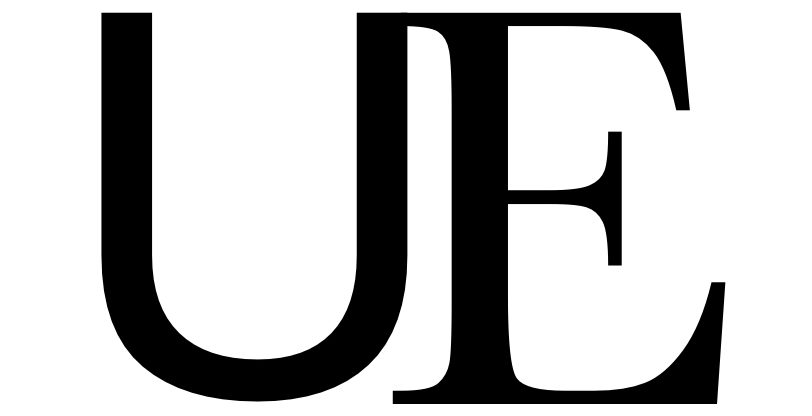At the moment, the way we communicate about mental health is unhelpful to a large number of men. “Counselling is basically a female-friendly activity,” says Martin Seager, a clinical psychologist specialising in male mental health. “It’s not the standard way a bloke deals with his feelings, sitting down eyeball to eyeball and being asked: ‘Tell me how you feel.’”
Seager has 30 years’ experience in the NHS and is a partner in the Men And Boys Coalition, which aims to foster positive public discussion about masculinity. Their website is big on discrimination against men and boys, citing “structural challenges faced by men as parents, particularly new fathers and separated fathers; institutional responses to male victims of rape and domestic violence; and the disparity in approaches to male and female prisoners”.
I meet Seager in a cafe in central London. He is passionate about what he sees as the unjust narrative surrounding modern men. “I hate this term ‘toxic masculinity’,” he says. “The narrative goes that men are too preoccupied with being perceived as strong and that they need to soften up a bit to help themselves. What I am saying is, let’s change the narrative. So we still use the strong male archetype but suggest that seeking help and discussing your problems is the truly strong thing to do.”
